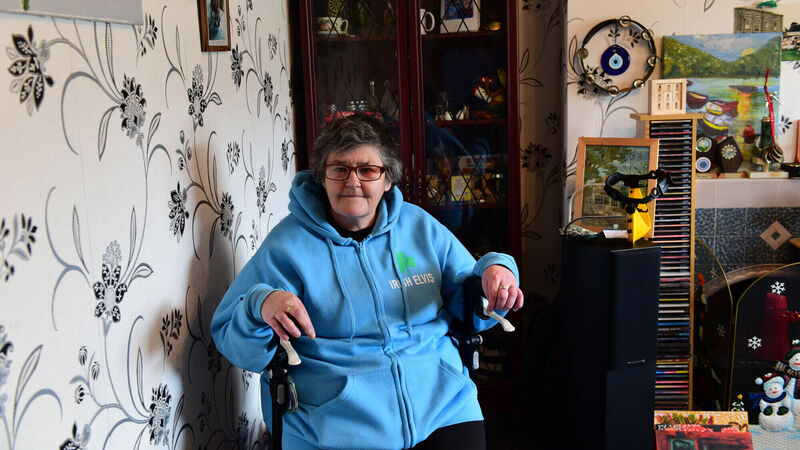Focus on redress: ‘Aftershocks’ of residential abuse reverberate

In total, the Residential Institutions Redress Board has paid out €970.03m to the thousands abused in Ireland's residential institutions. And yet, many think of the compensation as "dirt money" because they never felt their testimonies to the commission were believed.
This feeling is not the only one that haunts them from their nightmare experiences in the institutions.











